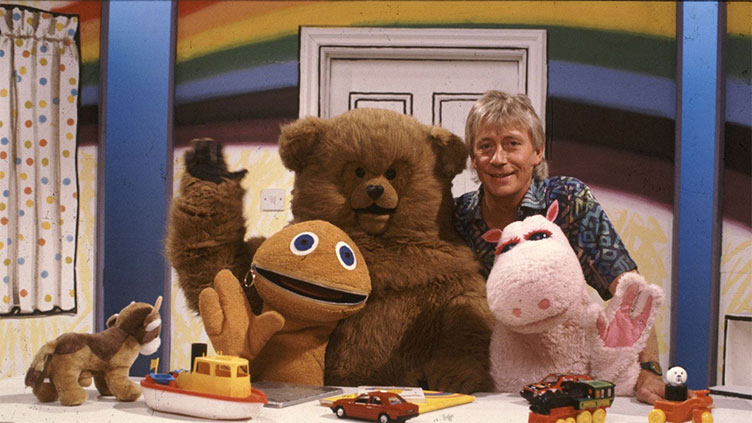Kids' TV is dying but it is evolving - and could create a new golden age

Entertainment
Investment in children's TV by public service broadcasters has dropped by 30pc in the last 10 years
(Web Desk) - As public service broadcasters begin a children's TV exodus from terrestrial to online, and the government cuts funding for kids content, ex-Blue Peter presenter Konnie Huq says we're missing out on "shared family viewing experiences".
CITV - the channel that gave us Fraggle Rock, Danger Mouse and Rainbow - has left our terrestrial screens. CBBC - home of Blue Peter and Newsround - plans to follow.
Meanwhile real-term investment in children's TV by public service broadcasters has dropped by 30% in the last 10 years.
And while Sky has bucked the trend by launching an ad free kids channel, overall, the future of kids TV is looking bleak.
But figures show young people are still watching TV - albeit in a different way. Recent BARB viewing data shows that while the average amount of broadcast TV minutes of children's TV channels watched by four-year-olds per week has declined by 62% since 2019, viewing has risen by 30% in the same period, demonstrating the "streaming first" trend in children's viewing habits.
So, if kids are ditching linear viewing in favour of streaming, some might say that public service broadcasters moving their content online makes sense. Others would rightly argue that not all children have access to the internet.
And then there's the question of what kids are actually watching online. It's an "explosion" of choice the longest-serving female presenter of Blue Peter, Konnie Huq, doesn't think it's necessarily a good thing.
Huq tells Sky News: "Kids will always go for the biggest, fastest dopamine hit… We live in a world of instant gratification culture and actually delayed gratification is much better for happiness and mental wellbeing in the long term.
Huq - who is a mother-of-two herself and now works as a children's author and screenwriter - recognises the needs for government legislation to hold streaming companies to account for the content they're putting out. But she also recognises the limitations of people trying to control a seemingly infinite web.
Advertisement

